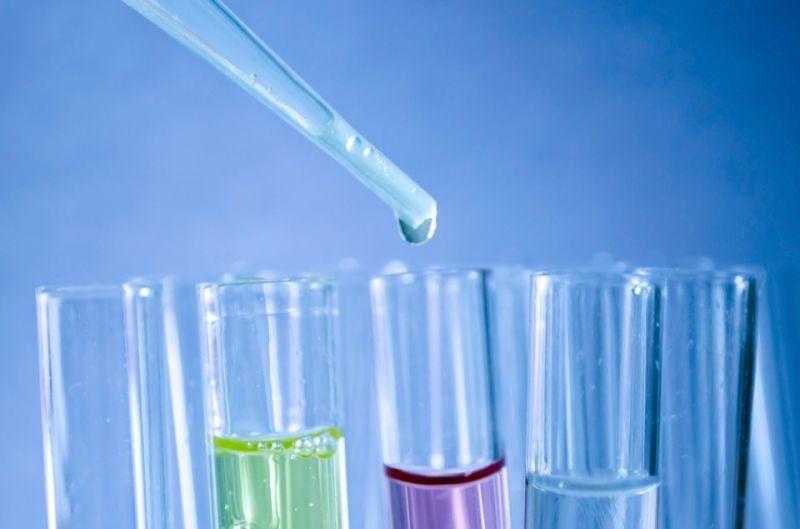Dementia Rates Fall with Rising Lithium Levels in Water
Published on by Water Network Research, Official research team of The Water Network in Academic
People with higher levels of lithium in their drinking water appear to have a lower risk of developing dementia, say researchers in Denmark.

Image source: MaxPexel
Lithium is naturally found in tap water, although the amount varies.
The findings, based on a study of 800,000 people, are not clear-cut. The highest levels cut risk, but moderate levels were worse than low ones.
Experts said it was an intriguing and encouraging study that hinted at a way of preventing the disease.
The study, at the University of Copenhagen, looked at the medical records of 73,731 Danish people with dementia and 733,653 without the disease.
Tap water was then tested in 151 areas of the country.
The results, published in JAMA Psychiatry, showed moderate lithium levels (between 5.1 and 10 micrograms per litre) increased the risk of dementia by 22% compared with low levels (below five micrograms per litre).
However, those drinking water with the highest lithium levels (above 15 micrograms per litre) had a 17% reduction in risk.
The researchers said: "This is the first study, to our knowledge, to investigate the association between lithium in drinking water and the incidence of dementia.
"Higher long-term lithium exposure from drinking water may be associated with a lower incidence of dementia."
Read full article:
Media
Taxonomy
- Drinking Water Security
- Drinking Water Treatment
- Water Supply
- Drinking Water Managment
- Drinking Water
- Health and Welfare
- Public Health
- Dementia